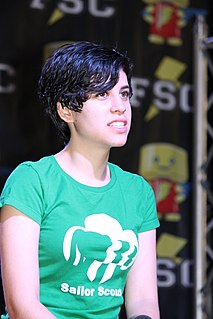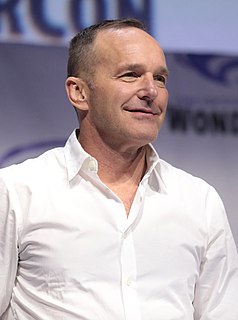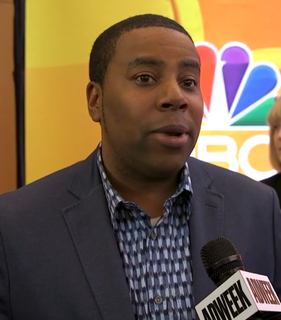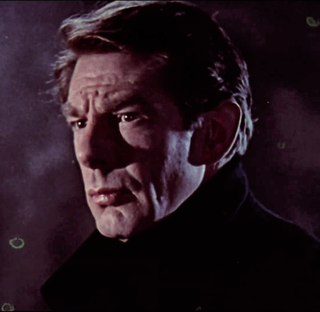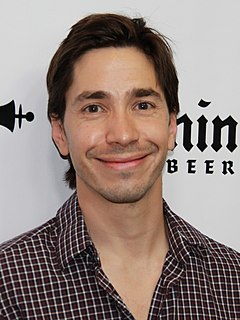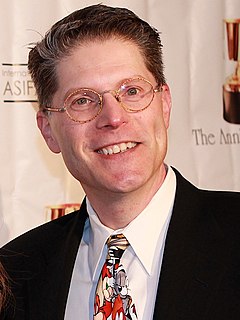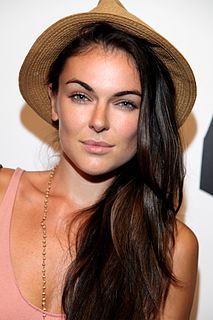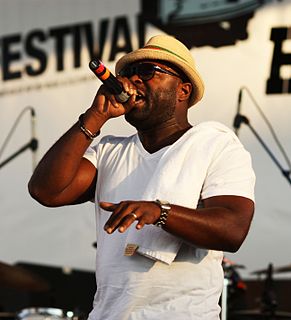A Quote by Ashly Burch
I think getting something together to showcase your voice is important. You can also watch cartoons and play games and just kinda listen, and try to see how the design of the character matches to the voice.
Related Quotes
When Marvel put together Ultimate Spider-Man and someone came up with the idea of having Principal Coulson, they said, "Do you want to do the voice?" I thought, "I have to do the voice!" Because I have a daughter and we watch some cartoons, I couldn't bear the idea of tuning in and hearing somebody else's voice.
I got good at trying to throw a voice on a character from the very beginning as opposed to like reading it and sitting with it and mulling over it and stuff like that just try to read what it is and then try to put a funny voice to it like as soon as possible and stuff like that. Once you get laughs with your voice then you can start thinking about, you know the physical characteristics and how they might walk or if they stick out their buck teeth or if they wear an afro and stuff like that. I think like finding the voice of the character helps to like build the wardrobe and everything else.
Something like Deckard Cain is great; it doesn't ruin your voice. But games that involve violence or battle or mutating and stuff like that really does take a toll on your voice. And I've even had to start to go to a voice guru kind of guy to do exercises to try to save and get back some of what I lost.
I loved the idea of doing impressions and mimicking and playing around with the spectrum of your own voice. That's what I enjoy most about doing voiceovers. You can be completely unconscious with the rest of your body and just concentrate on doing something with your voice, creating an entire character with your voice.
But I'm pretty lucky with my voice. When I first started touring I went to see a woman to give me some coaching on how not to lose my voice. And she was just saying really your voice is a muscle so if you're using it all the time you should actually come back from tour with a stronger voice than you left with. And that's really how I find it.
When I read to children, I try to become the characters. It's great if you can make a separate voice for each character. Sometimes you can lower your voice with excitement or get more intimate about it: you can lean forward and engage the children as a narrator or as a reader. It's particularly important that you find the voice that you want to use for each character, because then children can imagine that person as you're reading aloud. And of course, the illustrations help enormously.
Why is it important that you are with God and God alone on the mountain top? It's important because it's the place in which you can listen to the voice of the One who calls you the beloved. To pray is to listen to the One who calls you 'my beloved daughter,' 'my beloved son,' 'my beloved child.' To pray is to let that voice speak to the center of your being, to your guts, and let that voice resound in your whole being.
